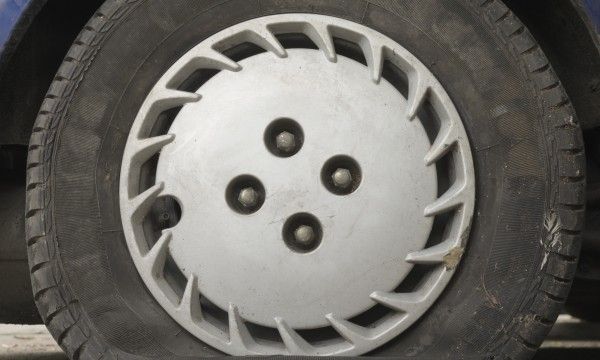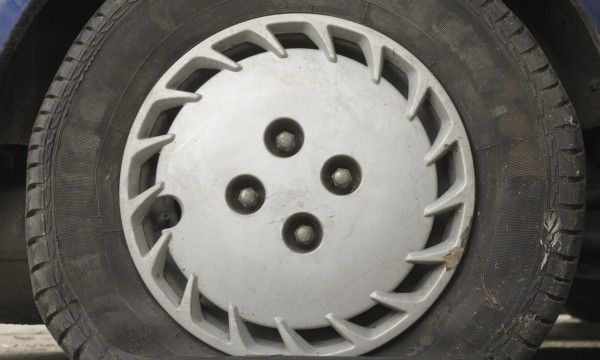While it may seem like a way to save time and money, using snow tires year-round can have unintended consequences and may put you at risk for unexpected expenses or worse. What are the possible perils?

You wouldn’t be the first person tempted to leave winter tires on your vehicle all year long. However, because of how winter tires are made, doing so can cause unexpected long-term problems. The result? The time you save by not changing them may end up seeming minor compared to the cost of replacing them outright. It’s a hassle to change your tires with the seasons.
What’s the problem with leaving winter tires on a vehicle all year?
The parts in your car are manufactured with specific functions in mind. That means their performance depends on the conditions in which they are deployed. Winter tires are no different.
- While it’s certainly possible to drive on them during summer, because of how they are manufactured you may cause serious and unexpected damage to the tires and your car.
What happens to winter tires during the summer?
Winter tires are specifically crafted to function best in cold temperatures: the rubber compound used to make them isn’t meant to handle the hot days of summer.
- Summer heat can cause these compounds to wear out faster, meaning that you’ll need to replace the tires sooner. That’s a waste of time and money that could have been avoided by using the right tires in the first place.
- Winter tires, too, aren’t meant to handle simmering hot asphalt. The increased air pressure within the tire could cause the tire to fail, potentially resulting in loss of vehicle control.
What about using all-season tires?
It’s certainly true that some people try to avoid changing their tires by using all-season tires throughout the year, rather than alternating between summer and winter tires.
- In mild winters with light snow, all-seasons are satisfactory. Unfortunately, while they can serve as a jack of all trades, they are a master of none: in heavy snow, ice and slush, all-season tires simply aren’t up to the task.
- Also, certain provinces (like Quebec) mandate that winter tires must be installed on your car by a specific date. Check with local government agencies if you are unsure.
Does four-wheel drive mean I need not worry about winter tires?
When it comes to winter driving, there simply are no shortcuts.
- Although four-wheel drive can improve traction during acceleration, it doesn’t help at all when you need to hit the brakes. Couple that with the slippery conditions of winter driving and you have a potentially dangerous situation.
The advantages of proper winter tire use
Using winter tires when and how they’re designed to be used will help:
- Keep you safer and save you money
- Provide better vehicle control when road conditions are dangerous
- Enable shorter stopping distances on snow and ice
- Prevent unnecessary wear during the summer months
There’s simply no good reason to try using winter tires all year long. The savings are offset by the risks. However, by using them properly during the harsh winter months you’ll reap a whole slew of benefits, including greater peace of mind.
Related posts:
No related posts.






Recent Comments